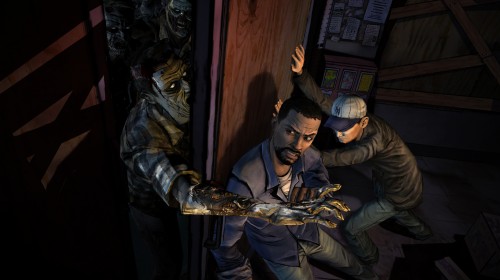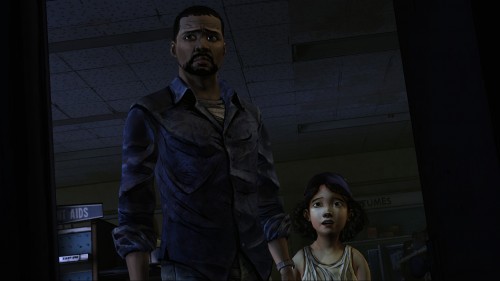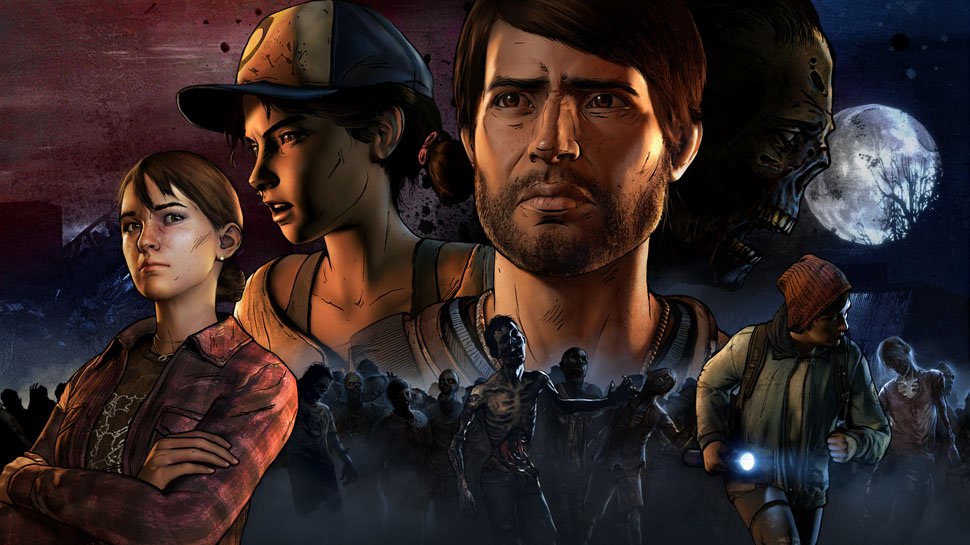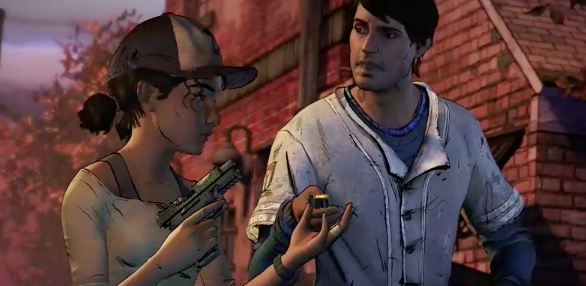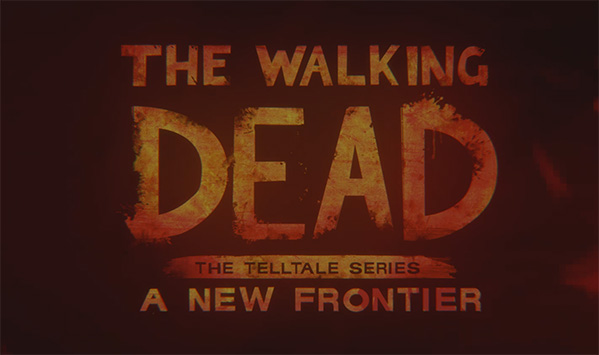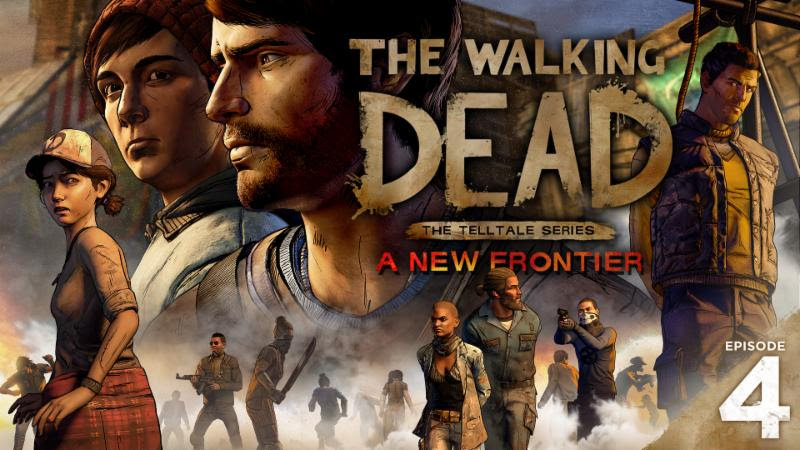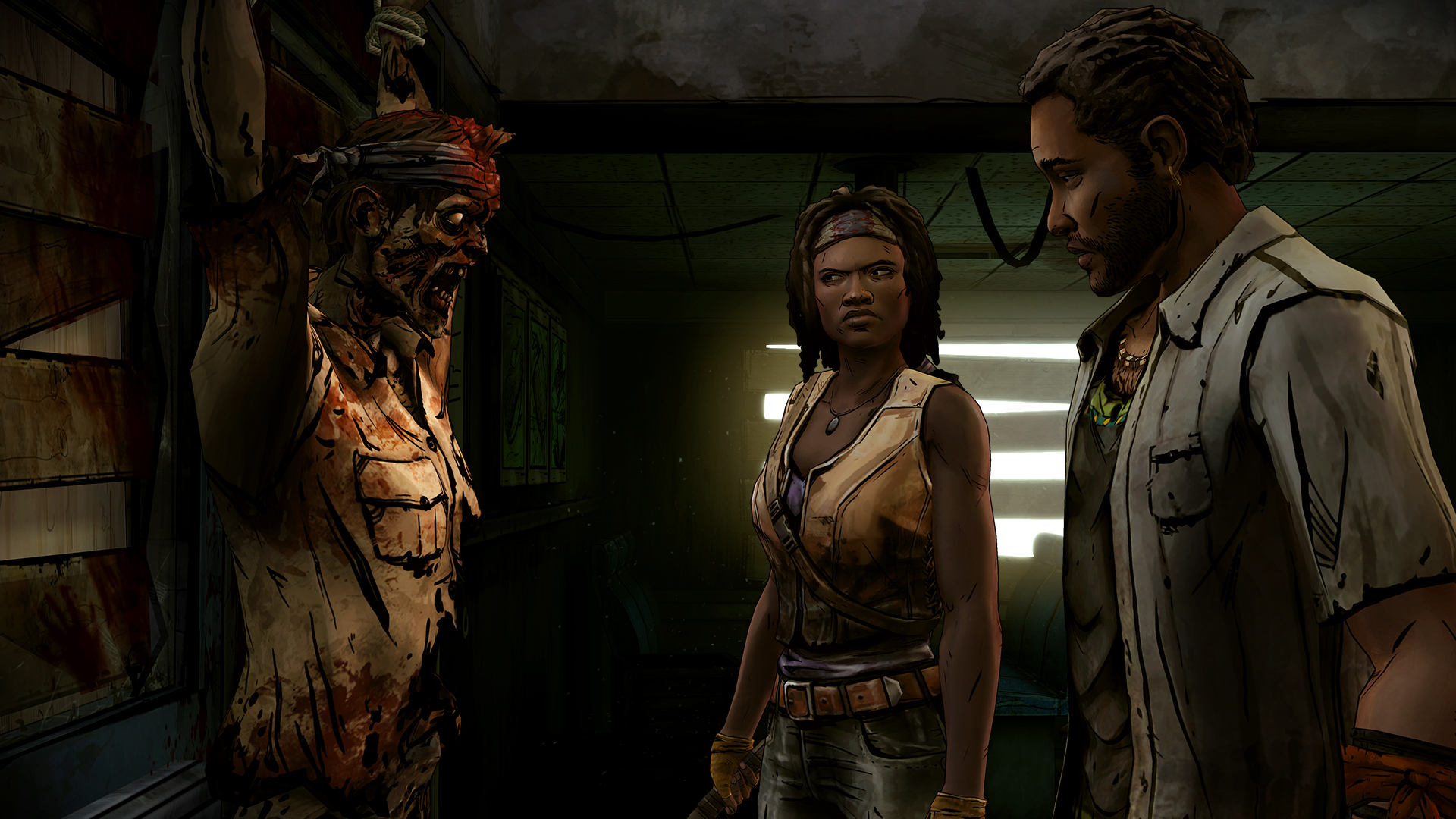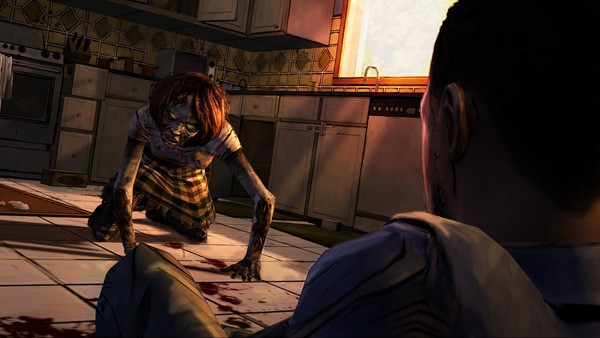
Recently, Telltale have seemed to be moving away from the traditional point-and-click adventure games upon which they built their name, with revivals of Sam & Max and Monkey Island, and more towards the elusive ‘interactive movie’ experience. Back to the Future featured simplified traditional adventure game puzzles, while Jurassic Park aimed to emulate Heavy Rain albeit with none of the non-linearity and only a fraction of the interactivity. Telltale still seem to have this goal, but luckily they have learned from the mistakes of the past, as The Walking Dead is by far their best game in a while. It’s a shame that Australian and Kiwi PS3 and 360 gamers will miss out on it, as currently the game is currently only available in our fair countries on PC. Nonetheless, here’s my experience with the PC version – and it’s a good one.
Episode 1: A New Day takes place in the continuity of The Walking Dead comic book series, and not the television show, although if your only experience is through the show you’ll have no problem adjusting. It tells the tale of Lee Everett, a prisoner on his way to jail when he comes across the national outbreak of zombies (or ‘walkers’) in a very unfortunate way. The police car he’s in crashes, and after narrowly surviving and escaping, he’s in a fight for his life against the undead hordes. I’m pleased to say the writing in A New Day is a cut above a lot of Telltale’s recent games, and there’s a lot of great characterisation and interesting plot developments, both of which keep you very engaged. You want to find out who Lee is and why he was being sent to prison (much like the recent Silent Hill Downpour), and the bond he forms with Clementine, a child Lee takes it upon himself to protect, is sweet and works well. Lee also comes across familiar characters like Hershel Greene and Glenn, who are surprisingly not crowbarred-in as much as you’d imagine, and the rest of the supporting cast is also memorable (I can actually remember everyone’s names!). At times, it’s harsh too. There are difficult decisions to be made, and the story does not shy away from them (more on this later). Kudos to writer Sean Vanaman for doing a really great job with the game’s most important aspect.
The Walking Dead‘s stylised visuals are a treat, with thick black lines highlighting characters’ features and strong colours used to set the tone. It’s reminiscent of Borderlands, but captures the feel of the comic books really well, and the walkers still look horrifically detailed. There’s no shortage of gore in A New Day, either. Walkers’ heads get blown up, shot off and beaten to a messy, pulpy mess. It’s not a constant bloody mess of giblets, but the violence highlights each walker encounter making them just that bit more horrific. Voice acting is also strong, with every actor putting in a great performance especially in some of the quieter moments, reflecting on who and what’s been lost.
A New Day strikes the right balance between cinematic gameplay and adventure game mechanics. There are certain sequences where the game takes over and plays through a series of cutscenes, but at no point will you be treated to anything as lazy as the quicktime events that Jurassic Park contained. The game respects you enough to let you just enjoy the action scenes play out, although when Lee is in imminent danger the game switches to a first-person mode or cinematic camera angle, as you’re forced to make quick decisions. In one instance, you have to pivot your head around to collect a gun and ammunition, then aim it at an approaching walker’s face before they reach you. It’s not quite an FPS, but it’s about as close as adventure games are going to get. Most of the time, gameplay allows Lee to walk around various locations, talk to characters, pick up inventory items and use them in various situations (although the game automatically chooses which item is appropriate). There are no abstract ‘get item X and combine with item Y to create a rubber sausage’ puzzles (which adventure game fans will be weary of), but instead more practical tasks like ‘make this radio work’ – with obvious but clever solutions.
The big change to Telltale’s episodic game structure that The Walking Dead brings comes from its decisions with persistent consequences. Frequently when talking to characters, you’ll only have a limited amount of time to choose a dialogue option, and your choice will affect how your character is seen. If you lie to a certain character, they’ll remember it. If you show loyalty or trust to another character, they may repay the favour to you later. There are a couple of big decisions woven into the game as well, which will influence who survives into the next few episodes, and it’ll be interesting to see how this plays out over the season. The trailer for the next episode at the end of the game indicates that your decisions will indeed be remembered the next time around. The game saves automatically, and you’re unable to create a separate save file, so you’re more or less stuck with the decisions you make. You can rewind to a certain part of the game if you want to play through things differently, but doing so will wipe out all of your progress after that point. It’s a really cool system, and fits with the danger of The Walking Dead franchise perfectly.
I’m really pleased to say that The Walking Dead is the first truly great game Telltale have put out since Sam & Max: The Devil’s Playhouse. The writing is atmospheric and engaging, the ‘interactive movie’ element is kept without sacrificing gameplay and challenge (despite some easy puzzles) and the look is unique and well executed. As a first episode, A New Day has whet my appetite for the next four episodes, and I can’t wait to find out where Telltale go from here.
Comic book-like graphics shine | Tense and well-written story | Gets the 'interactive movie' experience right
At times, it seems as though control is limited | Some puzzles are pretty easy

